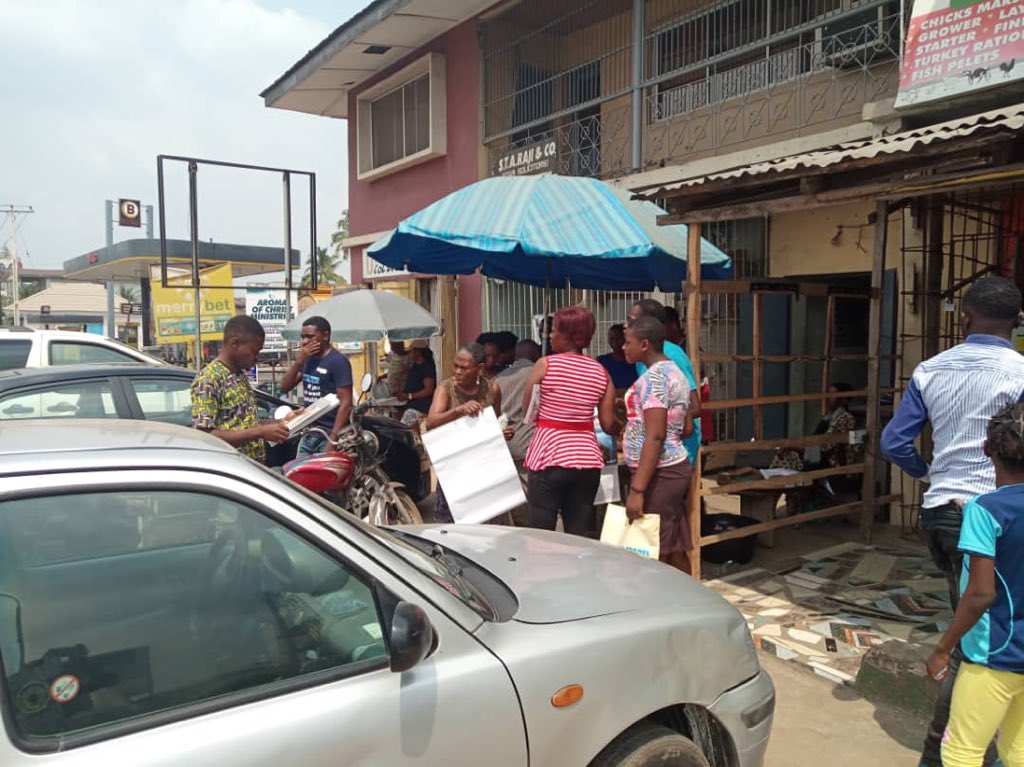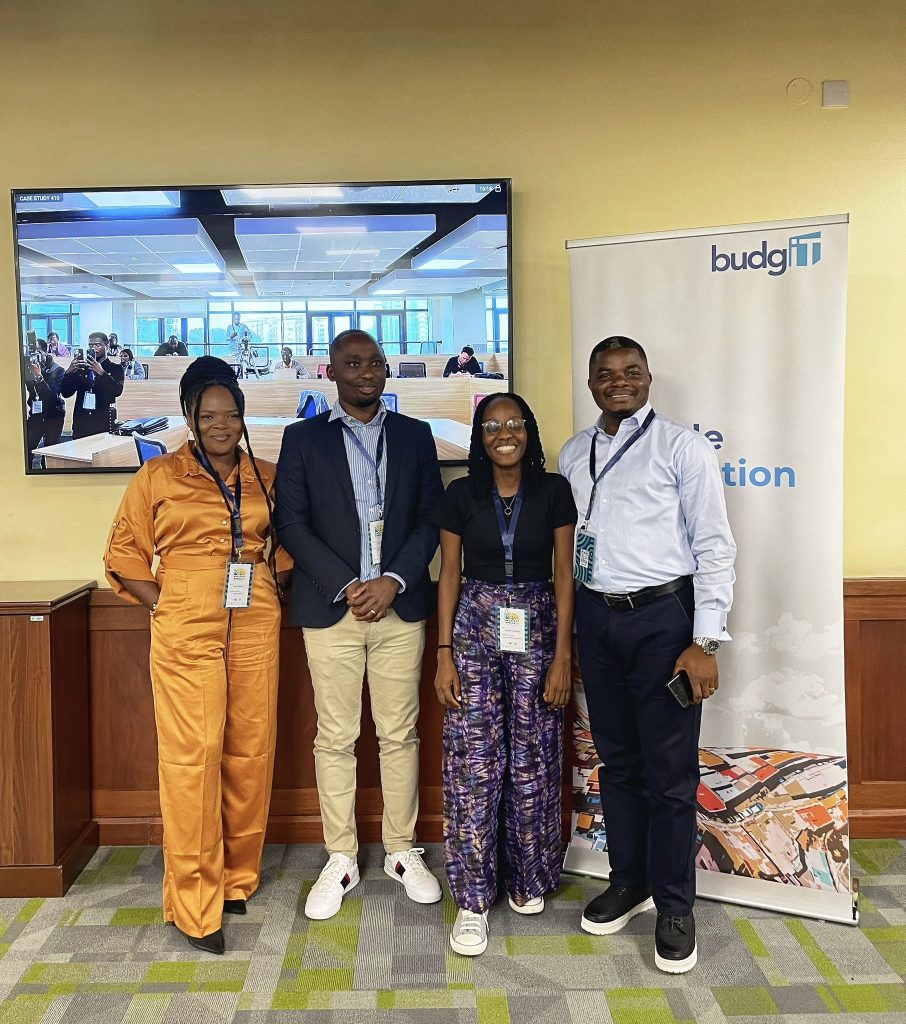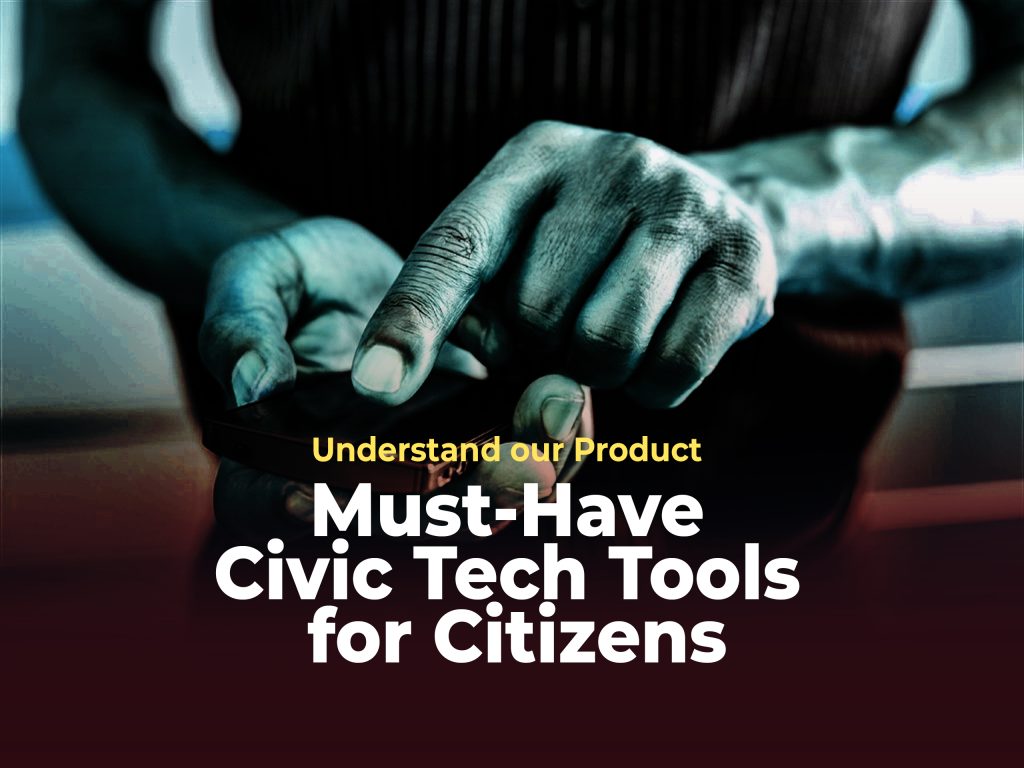From the Horse’s Mouth
“I was still in Abuja when the COVID-19 Pandemic hit. I wanted it to pass quickly so I could go back to selling my outdoor wares. Unfortunately, it didn’t. People stopped buying my wares, and I was forced to ask family and friends for money.” — Ibukun Adedeji.
…
Fifteen months ago, it was hard to believe that a day would come when Lagosians could walk freely on the road, stroll into supermarkets or move in certain areas without their facemasks and COVID-19 prevention starter pack. For some, this is quite worrisome and for others, it isn’t.
Currently, there is a claim that once you take the COVID-19 vaccine, your chances of contracting the virus will reduce to the barest minimum. Even if this claim is valid, many have not taken their COVID-19 jab; yet, an average Lagosian now moves freely without a care in the world.
In Lagos, it is not easy to control other people’s actions, especially in public places. For example, Ade, a Nigerian who commutes through public buses (popularly called Danfos) every morning, cannot control the actions of other commuters, including the bus conductor who might shove him into a moving bus or the passenger who is hellbent on using Ade’s shoulder as a headrest the moment sleep beckons. Every day, more Nigerians squeeze themselves into small spaces in Danfos, sharing body fluids and situations that make it easy for them to contract the virus.
It is even worse if you visit markets like Balogun, Mile 12 or Oyingbo. Facemasks will hardly save you as you juggle between a moving crowd consisting of shoppers like you, those who use the market as a mere route to other places of interest or the sellers whose only way of calling your attention to their products is to tug at your bag or yank your wigs off.
So for a second, you might be tempted to conclude that the whole world has moved on, and the devastating effects of COVID-19 are long fading into thin air. However, if you look closely and probe more profoundly, a significant percentage of people moving freely without a care in the world are dealing with the pandemic’s effect in one way or another. Amongst them is the wig seller who barely sold any wig in 15 months; the taxi driver who struggled to feed his family due to movement restriction; the prominent executive who took a 70% payment cut at work; the cleaner who lost her job because her company could no longer afford to keep too many staff and the CEO who has outstanding salaries to pay.
…
Muritala Sadiku, a 45-year-old car mechanic who spoke to BudgIT aired his frustration about the lockdown’s effect on his business.
“I know the government took the necessary measures, but I can’t deny the fact that my main source of income was yanked off. Even if I wanted to open my shop, I might not have many customers because there was a restriction of vehicular movement,” he lamented.
“My wife has a shop in Balogun market, but she sells lace materials and other types of fabrics. By all accounts, hers was not an essential product, so she could not even open her shop,” he added.
Three weeks later, it became clear that the lockdown would last longer than everyone expected, so Muritala and his wife took out their savings to begin a mini-catering business. According to him, it took a while to hit the ground running because they were new to the business. However, after a while, they got commitments from their friends, who also referred them to friends and families and things started to look brighter. Their 16-year-old son assisted in setting up their Instagram platform and posting pictures of different dishes his mother had made. In no time, a few requests started tripping into the DMs and this improved sales drastically. Both have long gone back to their various occupations; meanwhile, they have refused to shut down the mini-catering business, seeing that it has grown and is now seen as a potential for income diversification.
Elizabeth Onus, a hairdresser who has a shop in Ikorodu, was not entirely lucky with her choices, as all the other businesses she opted for failed even before they started.
“I tried my hands on laundry and petty trading, but my area is already saturated with people who do this, so it was a bit difficult to get new customers. I gave up two months after I began because I started incurring losses.”
For Onus, her single status gave her an advantage as she only had herself to worry about. This made it easy for her to manage her little resources and the support she received from friends and family. However, this is not the case for thousands of people who had to find alternatives for catering to their families’ needs during the crisis.
….
The imminent dangers posed by the COVID-19 pandemic might have reduced drastically, but many are still dealing with the effects and Micro, Small and Medium Enterprises (MSMEs) are not left out. Undoubtedly, many businesses shut down while others tried to keep themselves from hitting rock bottom. This led to some drastic decisions and actions like staff layoffs, salary reductions and income diversification.
For logistics and delivery businesses, activities slowed down when people stopped placing orders for items that are not essential goods until recently when things picked up again.
Adewale, a logistics business owner in Lagos affirmed this when he spoke with BudgIT.
“Business slowed down, but things didn’t go bad. We still had people who wanted to deliver some essential items to a few places. The income was coming in, not just at the rate it would have been if some activities were not shut down completely.”
Impact on Nigerian MSMEs: A more holistic look.
In May 2020, BudgIT and FATE Foundation conducted a pilot study to understand the impact of the COVID-19 pandemic on the Nigerian Micro, Small and Medium Enterprises. Of the 1943 responses, 80% were micro-business entrepreneurs. Only 13.2% (from 80%) of businesses reported having enough cash flow to run their businesses for 1–3 months. 33.3% had enough cash flow to stay operational for 1–4 weeks and 27.6% for just 1–7 days.
According to the report “Most of the businesses (53.7%) reported turning to their cash reserves to survive the pandemic, while 13.8% reported looking to access loans, and 9.7% were looking to family and friends for support.”
“80.4% of the businesses reported that they were likely to lay off staff, citing the prolonged period of the pandemic (24.4%), inability to pay staff (22.6%), poor sales (18.2%) and restricted movement (17.1%) as top reasons influencing their decision to lay off staff. 82.8% of the businesses indicated that they would likely lay off 1–5 employees.”
“Most businesses reported needing support with Cash Flow (72.1%) and Sales (67.7%) and would like the government to provide support in the area of funding (89.4%) and access to markets (33.8%). Similarly, 74% of the businesses will like the private sector/enterprise support organisations to provide funding and business support (62.9%).”
“A number of the respondents were able to identify opportunities despite the negative impacts of the pandemic, such as the creation of new products/services (49.7%), expansion/diversification (42.3%), innovation/disruption (39.3%) and partnerships (34.8%).”
The Federal Government’s Intervention Plan: A welcome development
The federal government knew the imminent concerns regarding MSMEs sustainability during the pandemic. This is not just about MSMEs’ sustainability, but also its effects on the economy. The latest SMEDAN/NBS MSME Survey indicates Nigeria’s SMEs contribute nearly 50% of the country’s GDP and account for over 80% of employment in the country. Sadly, the sector was one of the worst-hit by the lockdown.
In September 2020, to cushion the virus’s effect on MSMEs, the Federal Government flagged off the N60 billion MSME Survival Fund programme and the N15 billion Guaranteed Offtake Scheme. These two initiatives were a part of the Federal Government’s efforts to support businesses to overcome challenges posed by the pandemic.
The MSMEs Survival Fund scheme is a conditional grant to support vulnerable micro and small enterprises in meeting their payroll obligations and safeguard jobs in the MSMEs sector. The scheme is expected to save at least 1.3 million jobs across the country and specifically impact over 35,000 individuals per state.
The scheme targets two categories of beneficiaries: employees of MSMEs and Self-employed individuals, both plans made provision for a 45% female business participation and special needs participation of 5%.
Among other benefits, the schemes are meant to support 500,000 thousand MSMEs in meeting payroll obligations of between 30,000 to 50,000 Naira per employee over the period of three (3) months, provide free CAC business name registration for 250,000 businesses and support the survival of 100,000 businesses most affected by the covid-19 pandemic with 50,000 Naira each.
The FATE Foundation and BudgIT report cited access to finance and tools that help entrepreneurs access available funding as a top need area for MSMEs, as 74% of the respondents indicated. Thus, the Survival Fund Programme and Guaranteed Offtake Scheme were welcome developments that brought more than a ray of hope to many businesses and employees.
According to a statement released by the Nigerian Investment Promotion Commission in February 2021, the Minister of State for Industry, Trade and Investment, Mariam Katagum, noted that the implementation of the survival fund scheme is progressing steadily with the activation of three tracks, including payroll support scheme, artisan and transport scheme and formalisation support scheme across the country.
She also mentioned that the government is ready to roll out the last two schemes of the MSMEs Survival Fund component of the NESP, namely, the Guaranteed Offtake Scheme and the General MSMEs Grant.
The Federal Government’s Intervention & its level of effectiveness.
In April 2021, during BudgIT and CODE’s COVID-19 Transparency and Accountability Conference in Abuja, Prince Clem Agba — Minister of State for Budget and National Planning — reiterated the Federal Government’s plan to support MSMEs with a N15 billion MSME Guaranteed off-take stimulation scheme and the establishment of the MSME survival fund to sustain 700,000 jobs in 140,000 MSMEs and 1,500,000 self-employed individuals. However, there are currently no comprehensive public documents on any official website or third-party platforms that provide a summary or list of beneficiaries for the two schemes.
According to a statement from Vahyala Kwaga, BudgIT’s Senior Research Analyst, there are several portals on which information is currently being disseminated. However, most of the documents are in non-machine readable formats, and this makes analysis very difficult. For example, on the Open Treasury Portal, some of the links are dead while some pop-up buttons do not display any information; hence, it is difficult to verify the figures, rollouts and beneficiaries’ information.
During his speech at the CTAP conference, Prince Clem Agba assured stakeholders and participants that the government would put several accountability mechanisms in place to guarantee the proper utilisation of funds, including the publication of all COVID-19 related expenditures on the Open Treasury Portal, a post-COVID-19 audit of all related expenditures by the Auditor General of the Federation at least six months after the implementation of the revised 2020 Budget.
“Some of these mechanisms are already ongoing while other mechanisms are expected to be implemented at the appropriate time,” Agba added.
What does the future hold for MSMEs?
For a fact, Nigerians are resilient people who do not always wait for things to be handed to them. Many businesses might have suffered due to the pandemic effects, but preliminary studies have shown that many are looking for new ways to expand income, build new products and diversify their services. This is commendable; however, the government must introduce adequate measures to ensure that their intervention programmes are equitably distributed amidst these businesses. This will invariably augment personal efforts that companies are currently making to stay afloat.
Likewise, mechanisms that make it difficult for the process to be usurped or used for personal gains must be effectuated by the government. For instance, there were reports that businesses with less than three employees inflated numbers to access more funds from the survival fund scheme. While some of these claims have not been verified, such situations cannot be discounted, especially if there is no proper framework for data collection and verification by the government.
Lastly, while we wait for the 2020 Budget Implementation Report for accurate information on the figures disbursed to MSMEs, the government needs to provide information on the list of beneficiaries, progress reports and following action plans. This will provide adequate knowledge and keep the public informed on the government’s activities. It also makes it possible to verify claims from supposed beneficiaries, among others.
The effective evaluation of the success of the federal government’s response requires data. How well the schemes have benefitted MSMEs is a question that needs sufficient evidence. Currently, we do not have that.
Written by Iyanu Fatoba, Program Officer/Communications Associate, BudgIT.
First published on June 30, 2021
For more information on our engagements and activities, follow us on our social media platforms @BudgITNG.



